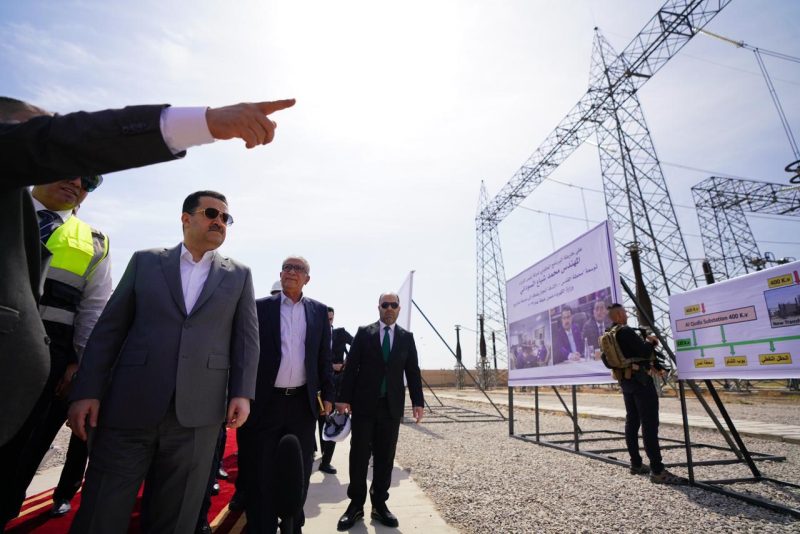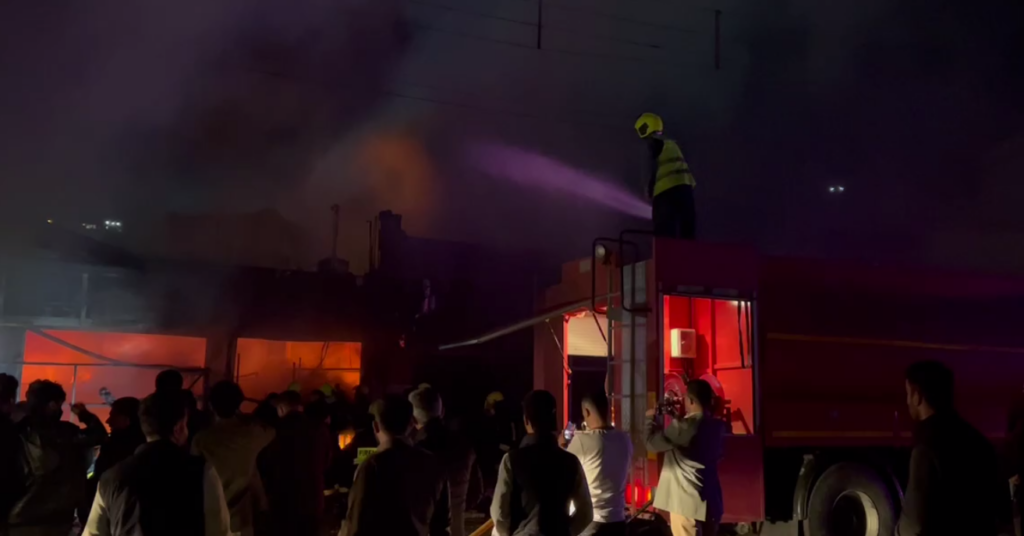Iraq’s electricity investment dilemma: who takes the risk?

Iraqi Prime Minsiter Mohammed Shia al-Sudani tours the Al-Quds power station northeast of Baghdad on May 31, 2023. (Photo credit: Prime Minister's Office)
BAGHDAD - As Iraq seeks out foreign companies to improve and expand its ailing power grid, one key contractual issue is imposing a big obstacle: neither the government nor its prospective business partners want financial responsibility for the risks arising from the country's difficult investment climate.
Power plant investors generally expect contracts with so-called "Take or Pay" clauses, which guarantee that the government will pay a certain amount regardless of how much electricity is actually taken for consumption. Such terms protect the investor in case the government fails to provide feedstock or maintain the transmission and distribution systems that connect supply with demand.
Many Iraqi politicians and government leaders, on the other hand, have in recent years expressed strong opposition to the Take or Pay model, arguing they unfairly put all of the risk on Iraq.
“The Take or Pay wording is unjust for the Iraqi state and government because in the event of any problem with the transmission wires or fuel shortages, the investor receives all its dues, without any reduction,” said Uday Awad, a member of the Parliament Finance Committee with the Asaib Ahl al-Haq group. “We consider this format inequitable, and it is a negative for the Iraqi economy, with great wastage of public funds.”




